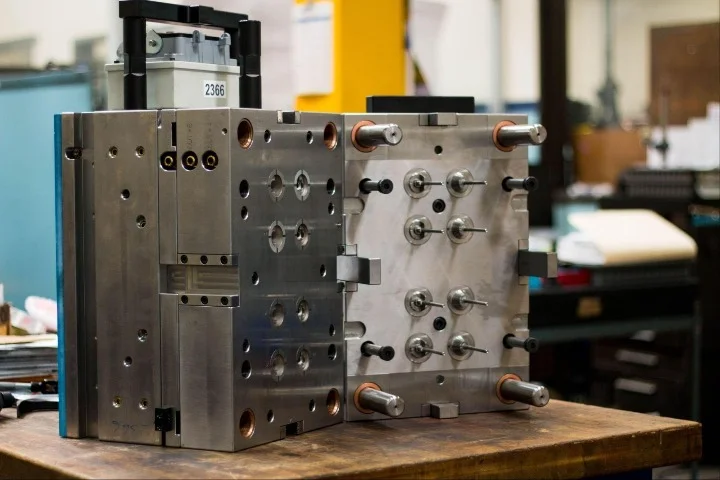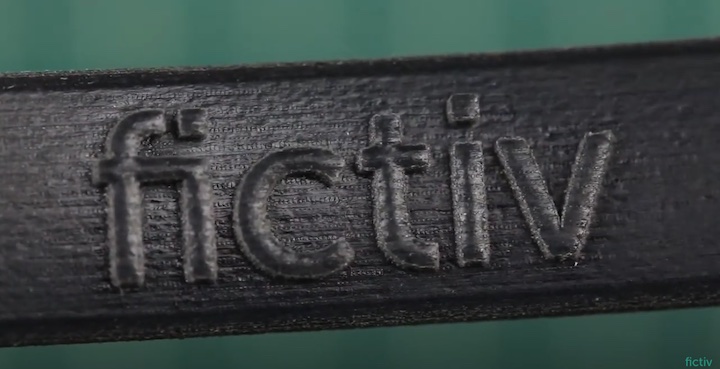Time to read: 2 min
Manufacturing is hard enough without knowing terms most manufacturers use. Here’s a quick resource to help you learn the most common terms around describing physical parts.
DFM (Design For Manufacturing) Terms
Undercut: In manufacturing, an undercut is a special type of recessed surface. In machining it refers to a recess in a corner or a piece of geometry that allows extra material to be cut away without losing important pieces of a finished part. In molding, undercuts are features of parts that prevent them from being directly ejected from an injection molding machine.
Through Hole: Through-holes refer to a hole that is drilled, reamed, milled (or otherwise created) completely through a substrate. Essentially, a through-hole is a hole that goes all the way through something. For comparison, a blind hole does not go all the way through a substrate. Both types of holes can be tapped to add threads for screws.
Boss: In manufacturing, a boss refers to a raised, circular peg or protrusion. A boss often has a hole in the center and is used to improve assembly.
Thread: Threading is the process of creating a screw thread. More screw threads are produced each year than any other machine element in the world. There are many methods of generating threads, including subtractive methods (many kinds of thread cutting and grinding; deformative or transformative methods (rolling and forming; molding and casting); additive methods (such as 3D printing); or combinations thereof.
Tolerance: Engineering tolerance is the permissible limit or limits of variation in:
- A physical dimension
- A measured value or physical property of a material, manufactured object, system, or service
- Other measured values (such as temperature, humidity, etc.)
- In engineering and safety, a physical distance or space
- In mechanical engineering the space between a bolt and a nut or a hole, or some other associated feature.

